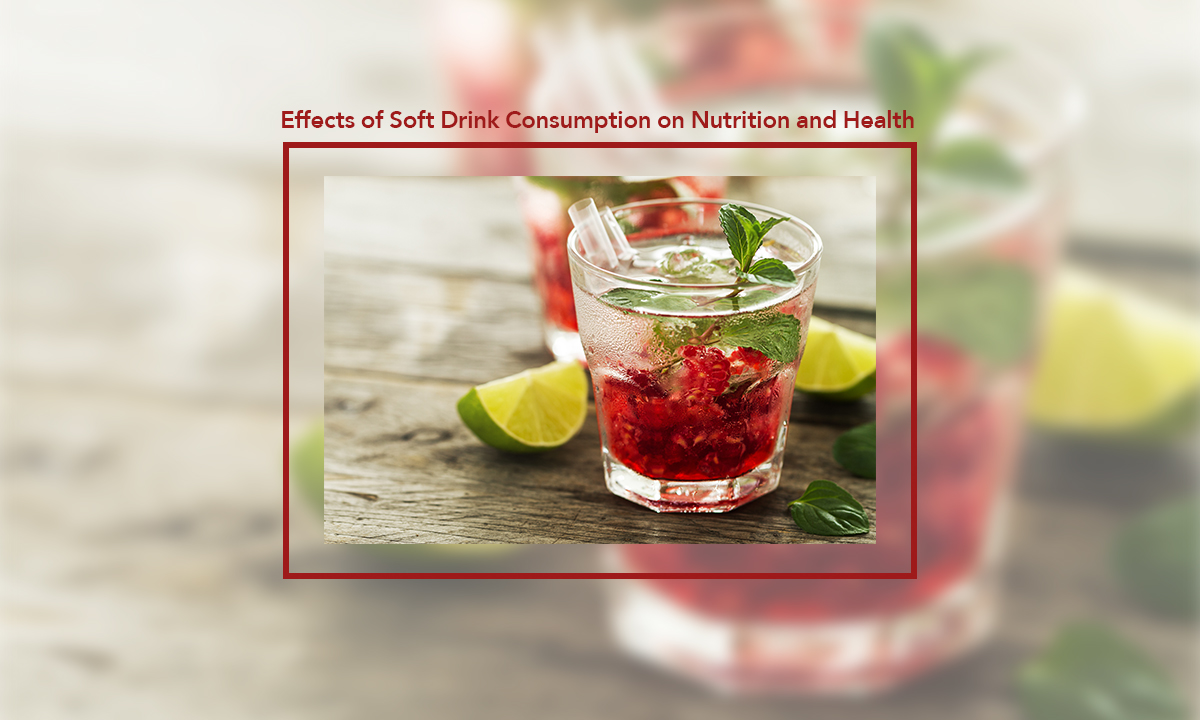Do you often drink soda? Do you know it can have a serious impact on health and further leads to cancer?
Soft drink consumption has become a highly visible and controversial public health and public policy issue. Soft drinks are viewed by many as a major contributor to obesity and related health problems and have consequently been targeted as a means to help curtail the rising prevalence of obesity, particularly among children. Soft drinks have been banned from schools in Britain and France, and in the United States, school systems as large as those in Los Angeles, Philadelphia, and Miami have banned or severely limited soft drink sales. Many US states have considered statewide bans or limits on soft drink sales in schools, with California passing such legislation in 2005. A key question is whether actions taken to decrease soft drink consumption are warranted given the available science and whether decreasing population consumption of soft drinks would benefit public health.

Sodas are full of sugar, chemicals and have zero nutrition value. Before trying to quench your thirst with it, take a look at the harmful effects of soda drinks on the human body here:
- Increased Risk of Cancer As soda drinks are high in sugar thus increases the insulin levels which feeds tumours. And, the chemicals that are used for colouring in soda drinks can also boost the chances of developing breast cancer, prostate cancer, and pancreatic cancer.
- A single can of soda contains a large quantity of sugar. This amount of sugar, especially in liquid form, skyrockets the blood sugar and causes an insulin reaction in the body. Over time, this can lead to diabetes or insulin resistance.
- Soda contains phosphoric acid, which interferes with the body’s ability to absorb calcium and can lead to osteoporosis.
- In diet sodas, aspartame is used as a substitute for sugar, and can actually be more harmful. It has been linked to almost a hundred different health problems including seizures, multiple sclerosis, brain tumors, diabetes, and emotional disorders.
- Most sodas contain caffeine, which has been linked to certain cancers, breast lumps, irregular heartbeat, high blood pressure, and other problems.
- Soft drinks cause obesity.
- There is absolutely no nutritional value in soda. It is an unnatural substance that harms the body.
- Because of the high sugar, sodium and caffeine content in soda, it dehydrates the body and over a long period of time can cause chronic dehydration.
- Drinking soda regularly causes plaque to build up on the teeth and can lead to cavities.
It’s time to wean yourself from your Diet Coke habit. An occasional diet soft drink won’t kill you, but a daily — or even an every-other-day — habit may wreak havoc on your taste buds, making it harder for you to lose or maintain a healthy weight, points out Coates. If you are considering a diet drink Do not fall prey to the massive marketing and avoid soft drinks to maintain good health.

A general method for manufacturing soft drinks
It is relatively simple to manufacture soft drinks by mixing three ingredients: water, syrup and carbon dioxide. Different types of sugar are used to make the syrup: sucrose, fructose (which is derived from starch), or sweeteners. A blend of plant or fruit extracts is added to this sugar solution, the composition of which remains a trade secret. The water and syrup are then mixed together in extremely precise proportions. The final stage in the process is the carbonation of the drink by adding carbon dioxide. Various acidifiers, sweeteners and coloring agents can be included in the industrial manufacturing of soft drinks. Energy drinks differ from soft drinks because of their very high caffeine content. Nowadays, thanks to the soda machine, a home appliance that makes carbonating drinks easy, you can make your own soft drinks or mineral water.
 CUBII_juice_filling_machine
CUBII_juice_filling_machine
To see the world-class juice production line in packaging
From the Cubii company, click on the following link




